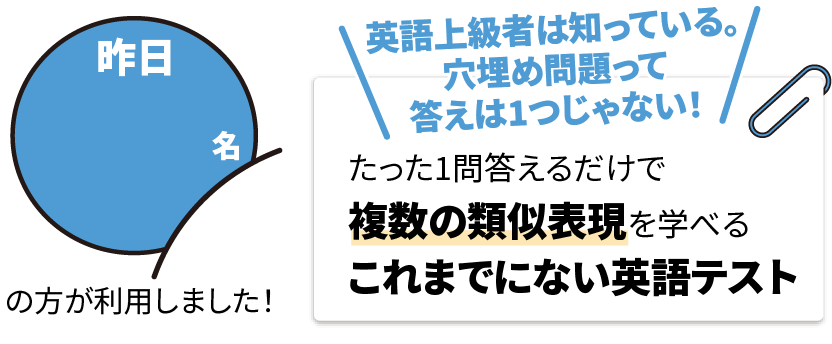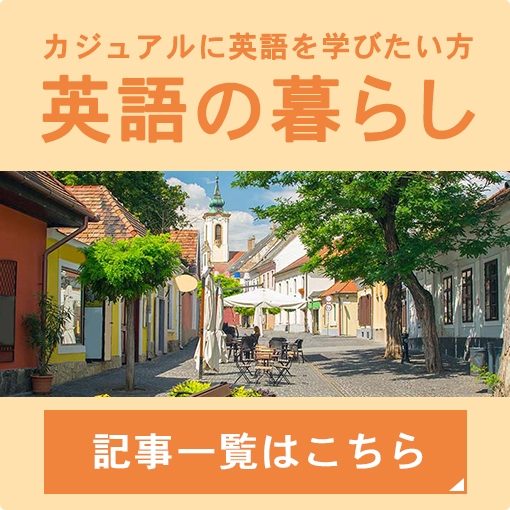Hello again everyone! Kyle here.
Today I want to talk about something that is important to keep in mind when writing: correct spelling! In the world of English, there are so many things to keep in mind to express yourself naturally. So, how important is spelling? Many people don’t think spelling is as important as other parts of English such as grammar or sentence structure, but I want to go over 3 examples today to show you how much the meaning of your sentence can change if you confuse the spelling between two words. I also want to preface this by saying that some of the most common mistakes I see are between two words that sound similar to most Japanese speakers. Let’s get into it!
What Did You Eat?! Pt. 1
Let’s dive in to our first example: lice v.s. rice. This is one that I have seen quite a bit not just with spelling, but also speaking too. I know that the L/R pronunciation is pretty tricky for most Japanese speakers, so hopefully this example will spark some motivation to really drill both proper spelling and pronunciation. “Rice” is of course a staple food in Japan as well as all over the world. It would be perfectly fine to say or write “I had chicken and rice last night for dinner”. However, if you hear or say this word differently, it may come out as “lice”, which is something drastically different. Excuse me for being a bit unpleasant here, but “lice” are the bugs that are found in someone’s hair and can be passed around from person to person. So if you wrote the sentence “I had chicken and lice for dinner”, you would certainly get some interesting reactions from people! Now that you know how only one letter can change the meaning of the whole sentence, it is important to practice it for the future.
Are You A Pilot?
Many people have learned the rule that if a word ends in an “e”, the vowel in the middle of the word is most likely going to be a long vowel. Try it for yourself: game, time, Rome, and mine are all words that have a long vowel because there is an “e” at the end. It’s no wonder that sometimes I come across students writing “plane” when really they mean “plain”, which is another word for basic or non-fancy. Let’s take a look at how this can change the meaning of the whole sentence. If you say “I like plain food”, it would mean that you probably like food that doesn’t have too much seasoning or ingredients, like a hamburger without any condiments or chicken without any seasoning. Let’s change that to “I like plane food”, which would now mean that you are saying you like the food that is given when you are on an airplane (which, let’s be honest, no one likes airplane food). Also, if you write something like “I bought a new black plain dress”, it means there are no patterns or anything fancy about the dress you bought. If you change that to “I bought new a black plane dress”, it sounds like either you bought a black dress with planes all over it or it’s a dress that you are going to use or wear on a plane. Either way, I’m sure you’ll get some strange looks from your readers.
What Did You Eat?! Pt. 2
Here is the last example and certainly the most radical of the three. As I mentioned, some Japanese speakers have a bit of difficulty when it comes to pronouncing the L/R sound when it comes to word distinction. However, if there was ever a reason remember to check your spelling with the two similar sounding words, this is it. Let’s say you went to a new burger shop and you were telling your friends about it. You might say, “I tried the new burger shop near the station. They served fresh burgers!”. If you know where I’m going with this, you may already by laughing to yourself. A mistake I see sometimes is saying “flesh”, which is the word for meat or muscle from humans, because it sounds similar to “fresh”. Now, let’s change that to the common mistake of saying “flesh”, which would be, ”I tried the new burger shop near the station. They served flesh burgers!”. I sure hope the shop didn’t serve that kind of burger! I’m sure most of your readers would gasp in horror if you wrote this, so it is very important to check that you didn’t mistake the two words. As you can see, even though it is only one letter off, the meaning of the two sentences couldn’t be more different.
Final Thoughts
Something I tell my students is that checking to make sure you used correct spelling is the fastest and easiest way to make your writing sound more natural. Spelling is especially important because when you write something you usually only have one chance to get your ideas across to your readers. As you can see from these examples, what you are trying to say can drastically change just by being one letter off. I hope that you use these examples to keep in mind how important spelling can be. Keep up the good work and keep studying hard, everyone!


英語講師として日本だけでなくアメリカでも活躍されたKyle先生。日本人に英語を教えた経験が豊富であることから、日本人が間違いやすいポイントをしっかりと理解されています。日本語検定試験N2も持っており、日本語も堪能。また、「なぜ元の表現が間違っているのか?」という理由をきめ細やかに説明できる講師です。
座右の銘は「You only fail if you fail to try.」
※このブログでは英語学習に役立つ情報アドバイスを提供していますが、本ブログで提供された情報及びアドバイスによって起きた問題に関しては一切、当方やライターに責任や義務は発生しません。
※ここでの情報や助言を参考に英文を書いたり下した判断は、すべて読者の責任において行ってください。ここに掲載されている記事内の主張等は、個人の見解であり当社の意見を代弁・代表するものではありません。







 (10 イイネ!が押されています)
(10 イイネ!が押されています)


























コメントする